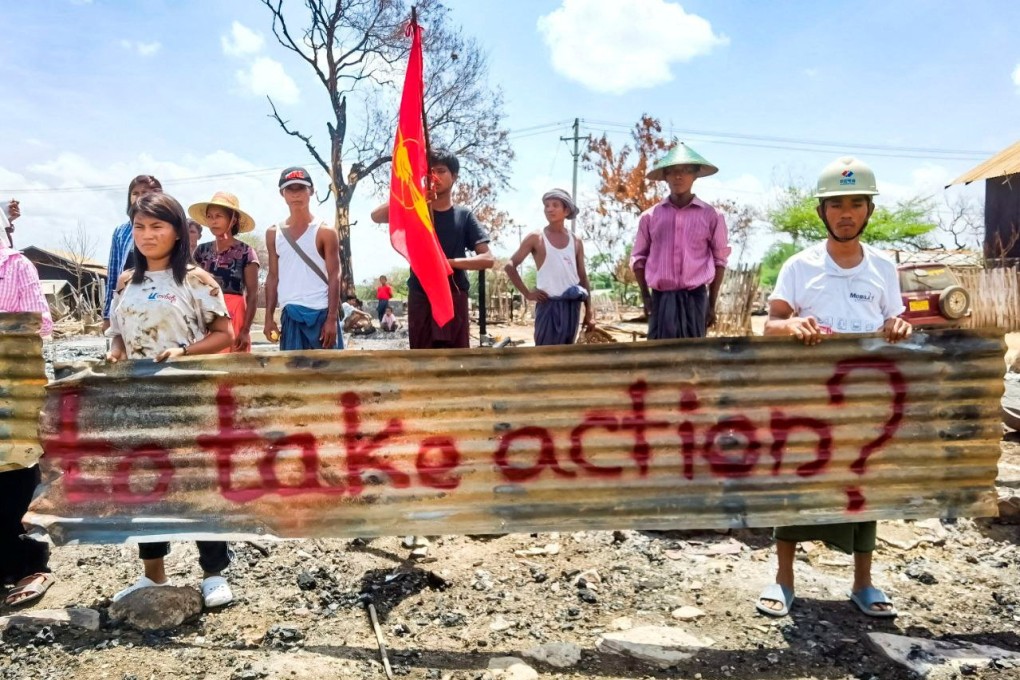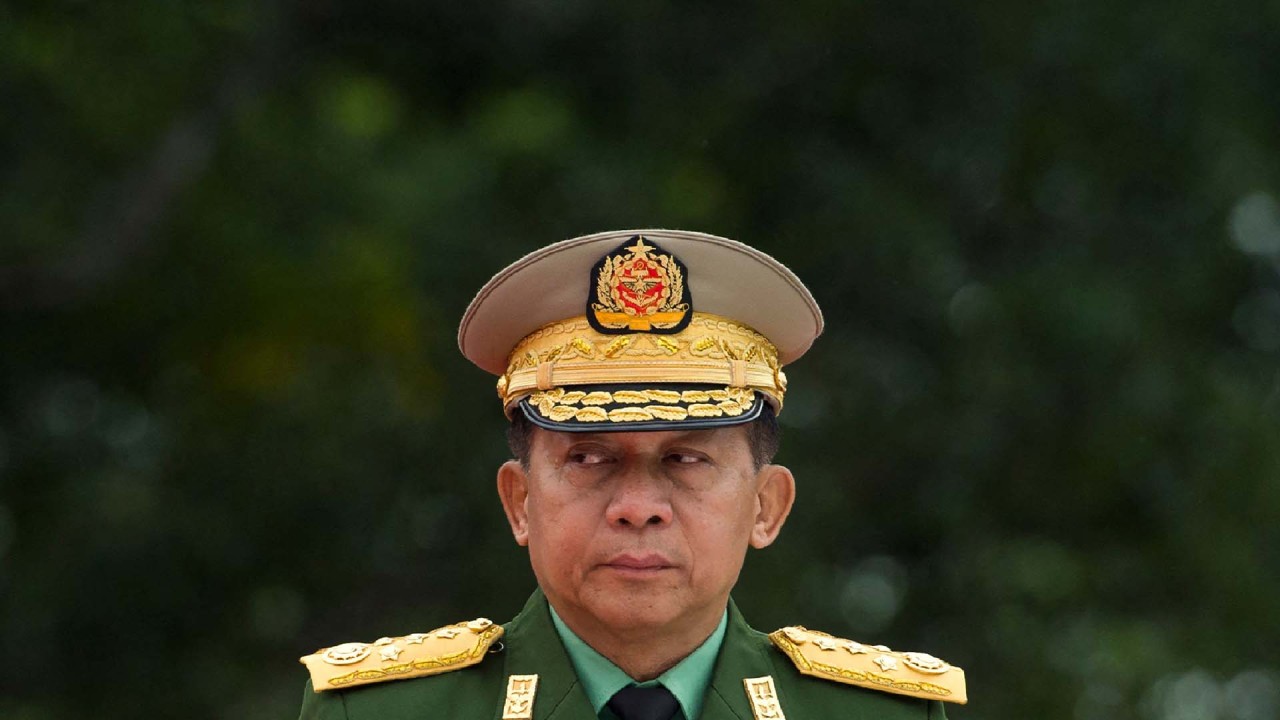As I see it | Malaysia is right. Myanmar is in crisis, its people are dying and Asean must stop dithering
- More than 2,000 confirmed civilian deaths have been recorded in Myanmar since the junta seized power in last year’s military coup
- How many more must die before Asean heeds Malaysia’s call and acts with some sense of urgency on the crisis? Further delays will cost lives

Such reports are difficult – though not impossible – to verify, largely due to the near-total information blackout imposed by the generals following their hostile takeover of the government in February last year. Access to the country has also been severely restricted.
In June, UN special rapporteur on human rights in Myanmar, Tom Andrews, said there had been more than 2,000 confirmed civilian deaths since the junta seized power and launched a military crackdown on public dissent, plunging the country into a renewed cycle of violence.
Andrews called on the international community to do more to help resolve the crisis. But if there’s any grouping that’s best placed to take action, it is the Association of Southeast Asian Nations, of which Myanmar is a member.
Since then, there have not been any substantive discussions or even updates from Asean on the situation in Myanmar – something that Malaysia’s chief diplomat, Saifuddin Abdullah, said on Monday was unacceptable.
In his harshest criticism yet of Asean, the Malaysian foreign minister said the bloc’s secretariat lacked a sense of urgency in addressing the Myanmar crisis.

